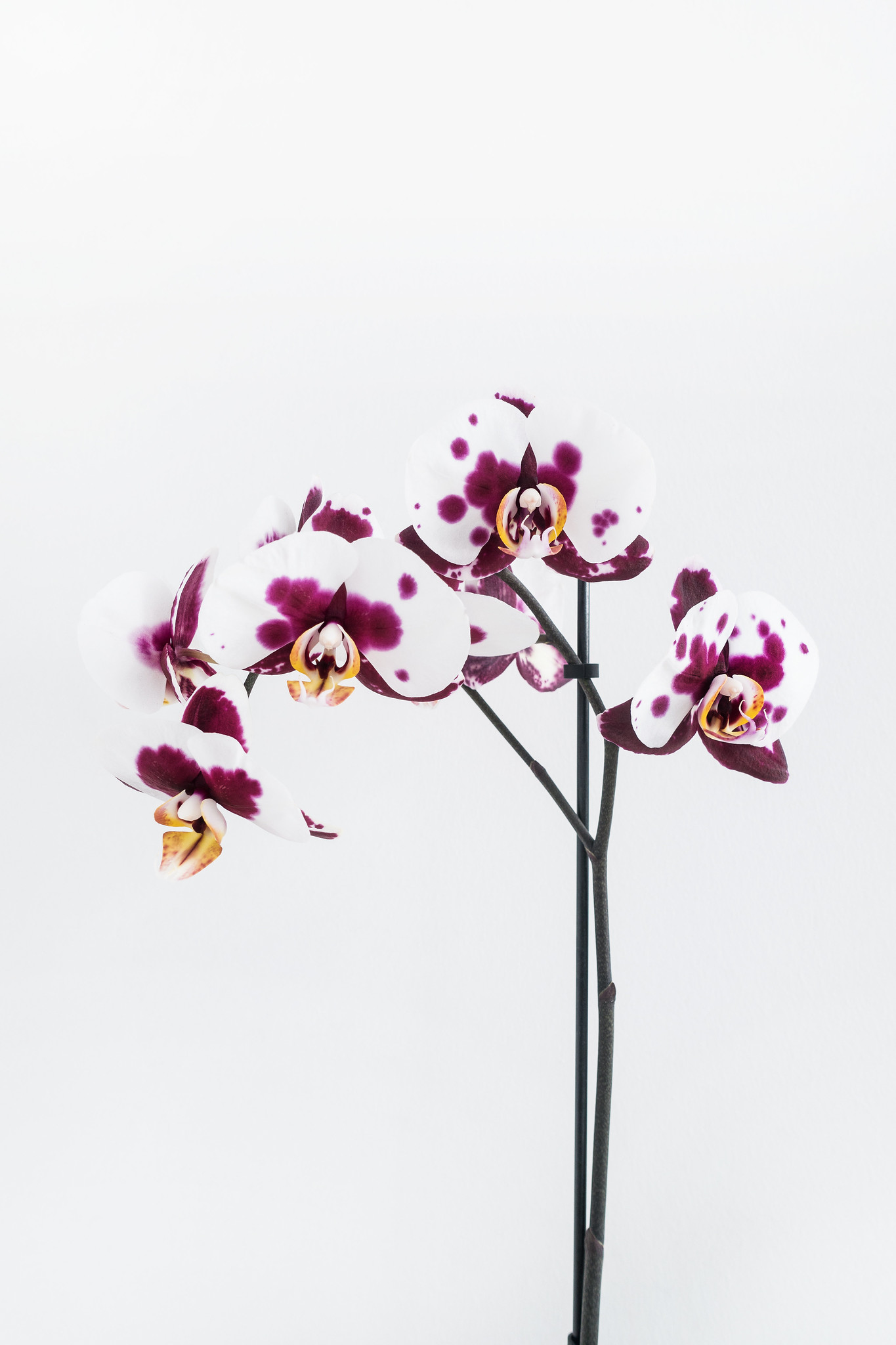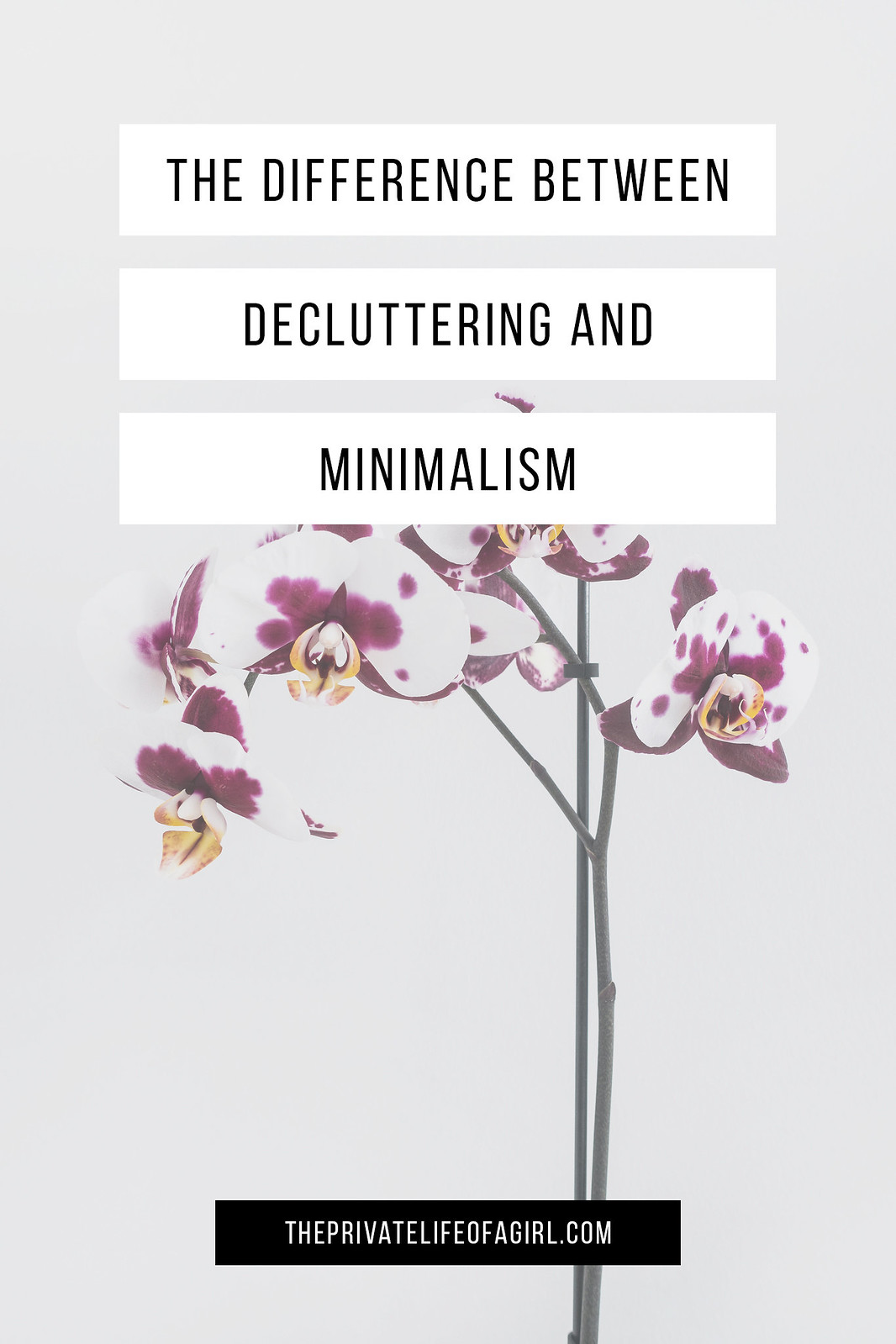
Decluttering has become synonymous with minimalism; while on the surface they appear to be one and the same, they are not.
Decluttering is often the starting block for many people wanting to simplify their lives and live with less. It’s also frequently the only step a lot of people take. Those who get joy from decluttering are not always doing so in an attempt to ‘become a minimalist,’ and have no interest in living a ‘minimalist lifestyle.’ Decluttering can be therapeutic, it frees up our space and liberates us from the stuff we don’t need; there are plenty of benefits to decluttering our lives. It can be absolutely life changing to remove the overwhelm of belongings and change our perspective from wanting more to having enough. But decluttering can also be simple action, you can clear out your entire house or just your wardrobe. It’s not always a huge life altering process, which is what makes decluttering and minimalism different from each other.
When your first and only step to simplify your life is through decluttering, you’re placing a lot of importance on your belongings. Decluttering isn’t always permanent, in fact, it rarely is. Often people find themselves decluttering every few months or years as the excess clutter creeps back in. You can avoid this by maintaining your home; by forming habits that will keep your home tidy and clutter-free.
The minimalist lifestyle and decluttering both share a common theme: removal of excess. Decluttering removes it physically and minimalism removes is mentally. Decluttering is a method and minimalism is a lifestyle.
While decluttering focuses on physical things and places a lot of importance on those items, minimalism teaches us a new approach. When so much importance is placed on our belongings - what we buy; what we keep; what we get rid of - the cycle of consumerism isn’t broken. We continue to be attached, mentally and physically, to our stuff.
Material possessions aren’t inherently bad, it’s how we feel about the treat them, it’s the weight of importance we give them that’s the real problem. Adopting the principles of minimalism can teach us how to rid our lives of excess and the material possessions that turn into clutter; importance is placed on happiness, self-care, and fulfilment. The lifestyle restores meaning to our lives by focusing on value and joy rather than possession and consumption.
Minimalism helps us to identify what we consider most important in our lives and the things we value the most so we can eliminate clutter and reduce the “noise” in our environment, both physically and mentally. It’s about simplifying our lives so we can be happier with less - less stuff to get in the way of doing what we really want to do and fewer things to make us happy.
The minimalist lifestyle is a switch in perspective from always wanting more to having enough; it's not about how many things you own or get rid of, it's understanding the most important things aren't physical things at all.
